Articles
Articles and analyses from the INET community on the key economic questions of our time.
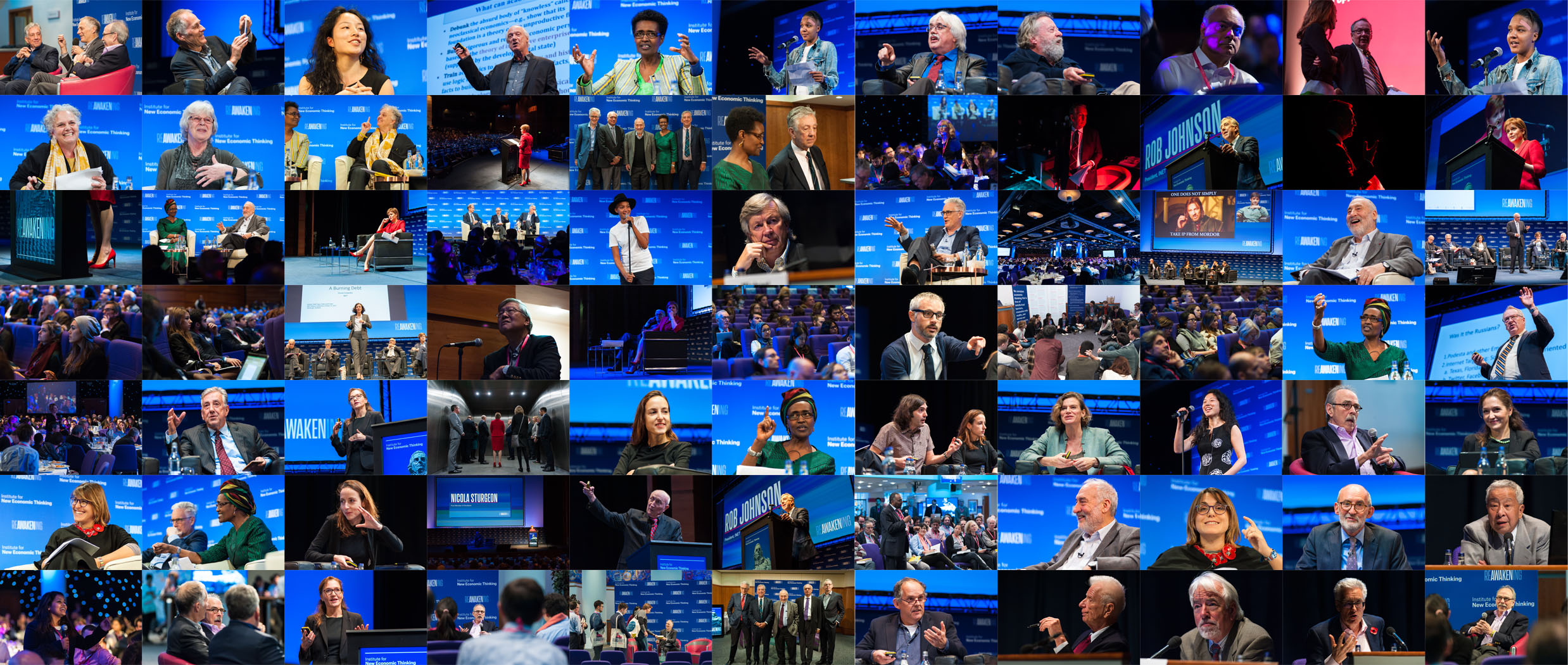
INET Research in a Stressful Year
In the face of laissez-faire capitalism at home and resurgent nationalism across the globe, INET offers an innovative look at the causes of—and solutions for—the problems that ail a fissuring world economy.
Should You Buy Bitcoin?

How Black Businesses Helped Save the Civil Rights Movement
Behind towering figures like Rosa Parks and Martin Luther King, Jr. were the taxi dispatchers, pharmacists, grocers, and other small business owners who were instrumental in making civil rights a reality.
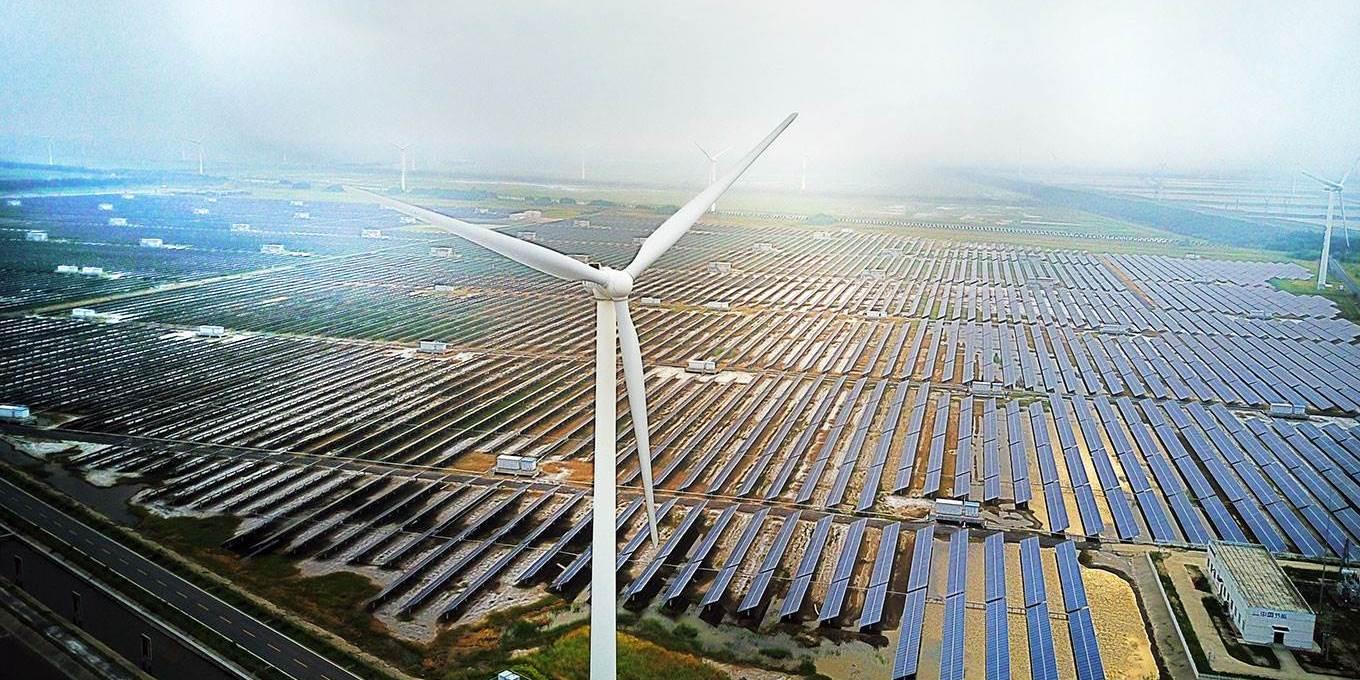
China’s Green Opportunity
China is now the world’s largest greenhouse-gas emitter, accounting for over 25% of the global total. But the country has also demonstrated a growing understanding that a truly green economy promises to improve quality of life and create enormous opportunities for technological and political leadership.

How Academic Conformity Punishes Women—and Restricts the Diversity of Economic Ideas
Skewed measures of “research output” hold back women who think differently or study smaller subfields in economics—and it’s harming the discipline as a whole

Three Surprises on Climate Change from Economist Michael Grubb
Two years after the 2015 Paris Agreement, where we stand today is better than you may think
The Big Questions Are Back
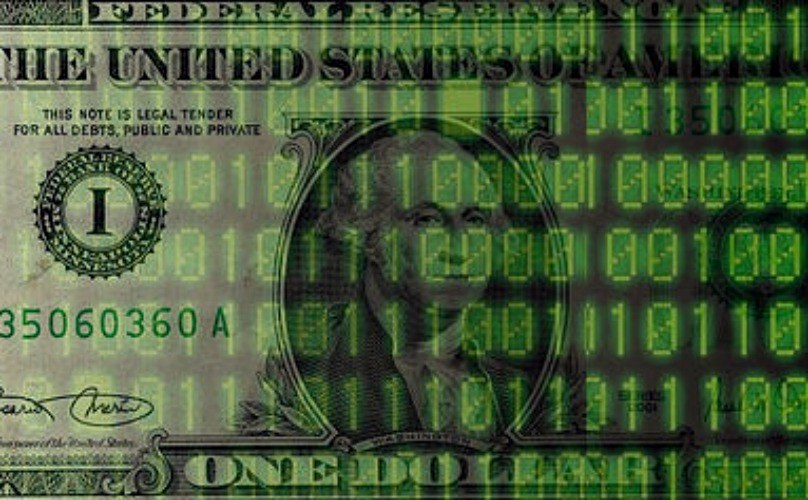
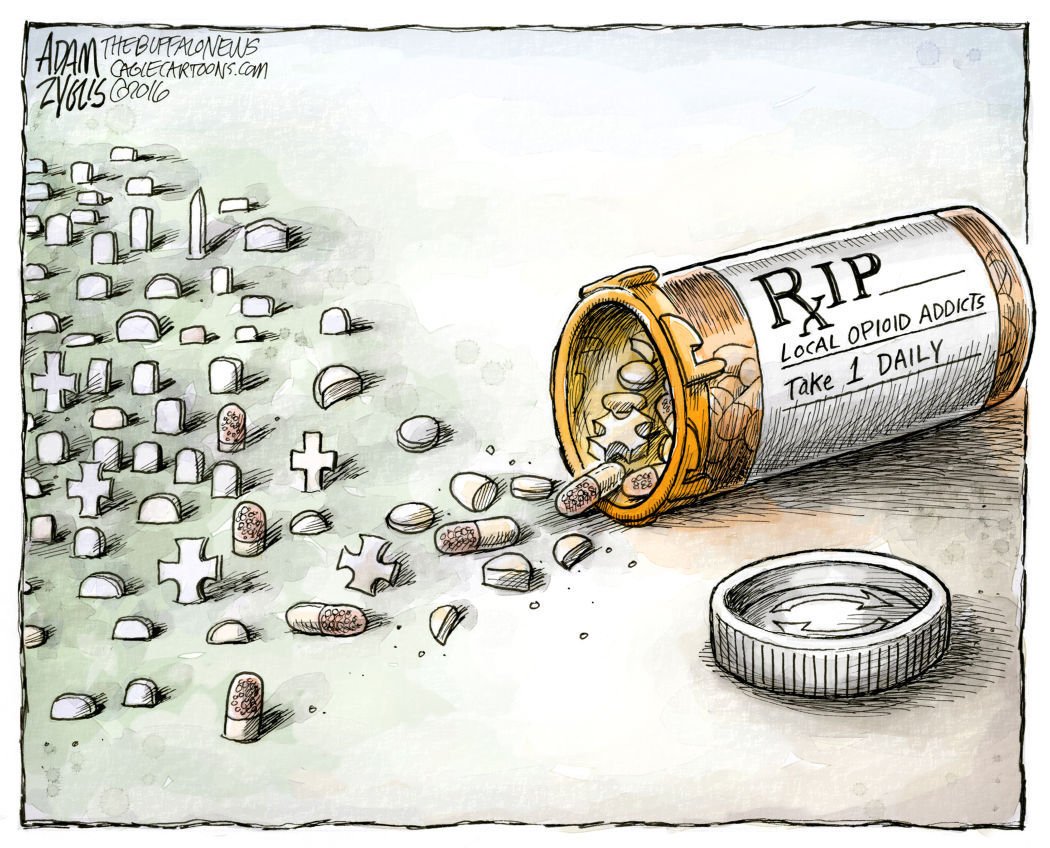
“Worse Than Big Tobacco”: How Big Pharma Fuels the Opioid Epidemic
Once again, an out-of-control industry is threatening public health on a mammoth scale

Why Tax Cuts for the Rich Solve Nothing
Back-room deals on corporate tax reform won’t increase growth
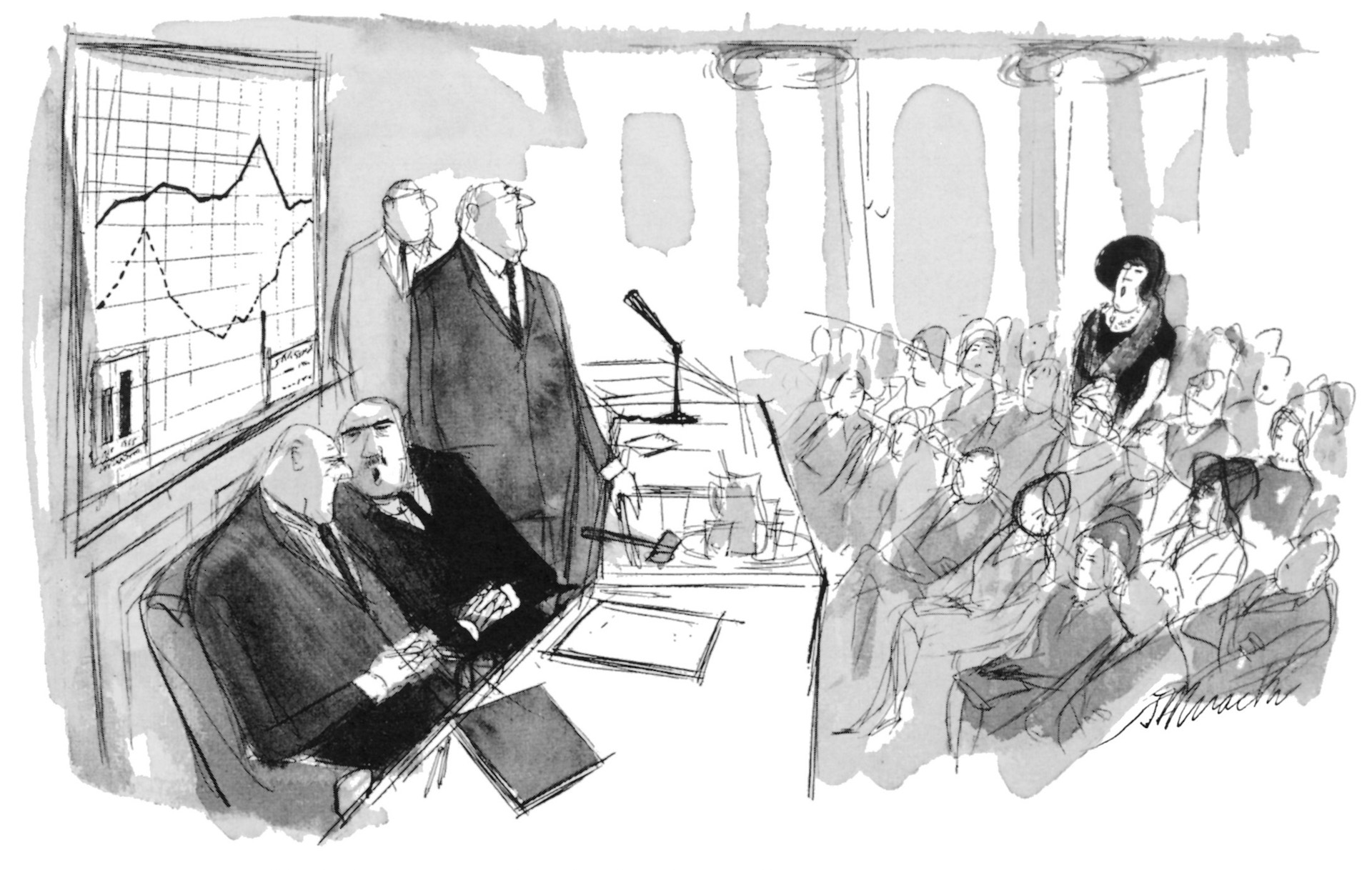
How “Shareholder Value” is Killing Innovation
The prevailing stock market ideology enriches value extractors, not value creators
We’ll Always Need Paris

Trump-Style Policies Will Deepen the “American Carnage”
Current proposals will worsen inequality and harm those Trump promised to protect—while further enriching the top 1%